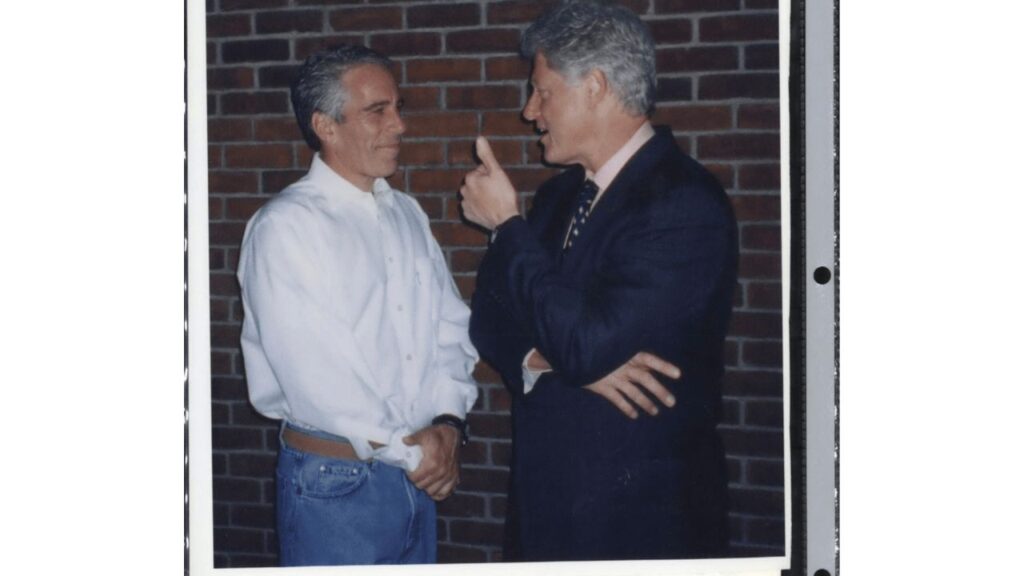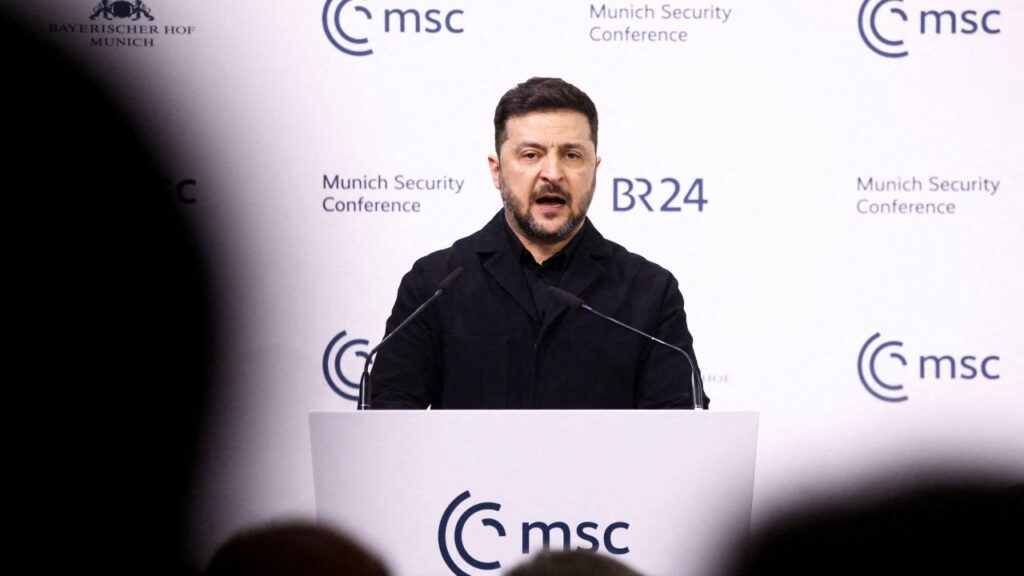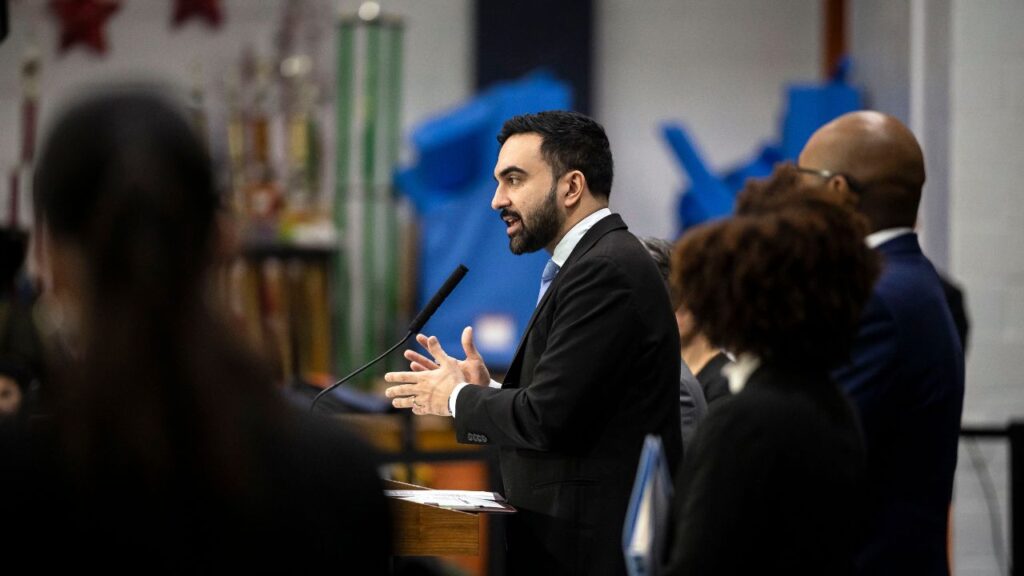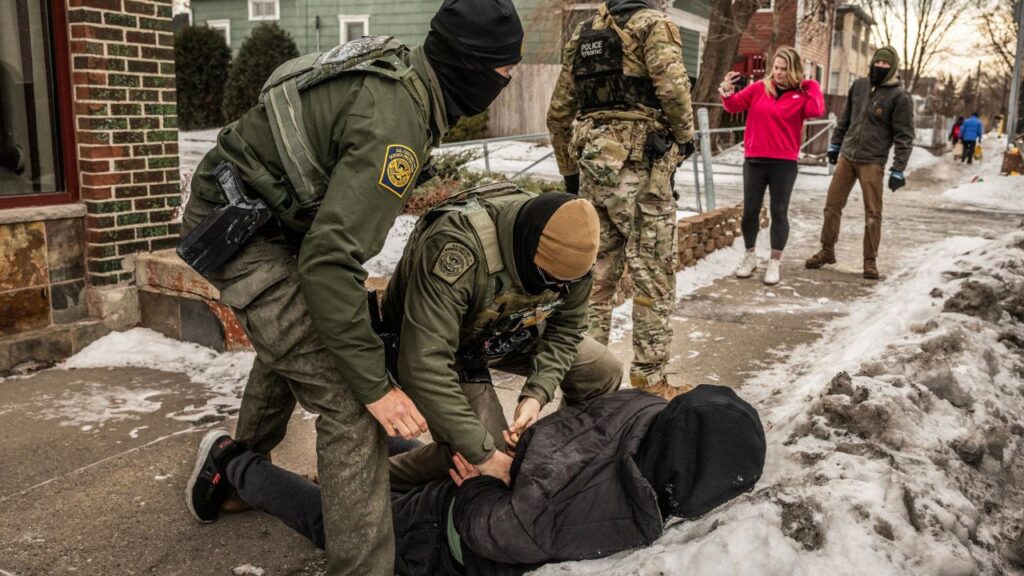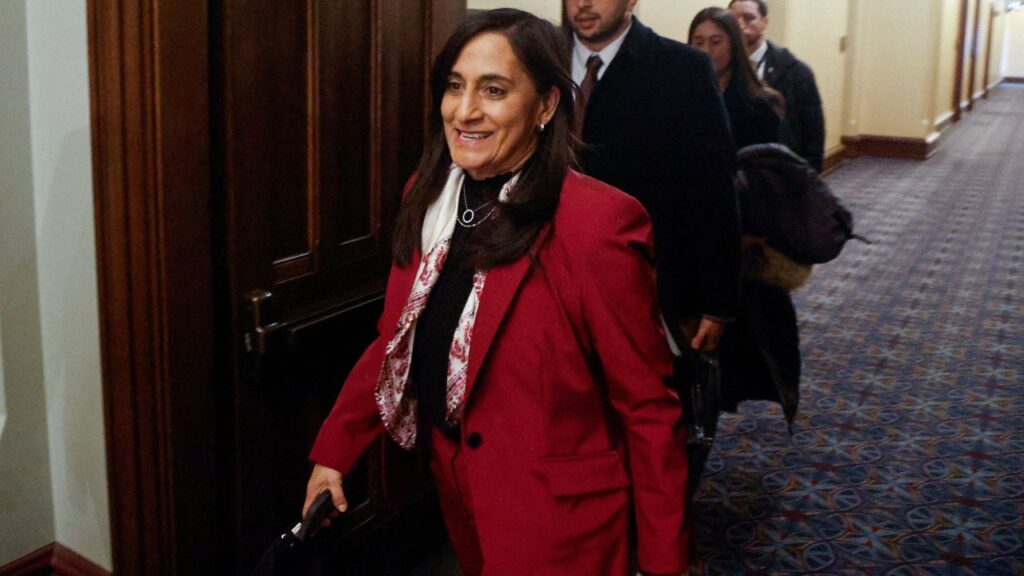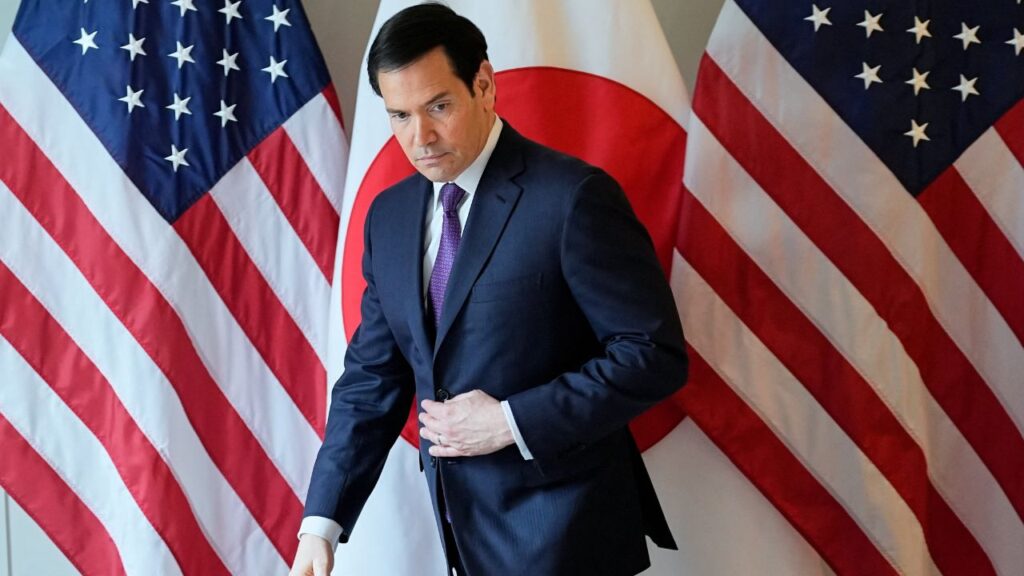Share
COVID-19 is surging again in Russia, forcing a national shutdown. Healthcare workers, cops, and other front-line workers are facing vaccination deadlines. Vaccinations for kids ages 5 to 11 could soon be available.
The ravages of the pandemic and decisions about vaccinations are continuing to grab headlines. One local doctor hopes a recent headline in the New England Journal of Medicine will also draw some attention, and perhaps ease concerns about whether vaccinations are safe and whether they stem the spread of COVID-19.

“It’s definitely one of the things you want to get proof about so that you can make a stronger case to those who are vaccine hesitant.” — Dr. Brian Chinnock, UCSF Fresno
Community Medical Centers employees were part of a nationwide study into the effectiveness of the Pfizer and Moderna vaccines in preventing COVID-19 infections. The study’s conclusions closely hewed to the results of studies by the drugs’ manufacturers.
According to the Centers for Disease Control and Prevention-funded study, full vaccination with Pfizer’s vaccine was 88.8% effective against the virus, and Moderna’s was 96.3% effective.
The results of the study, which is still ongoing, were published in September in the New England Journal of Medicine. Dr. Brian Chinnock, research director in emergency medicine and health sciences clinical professor at UCSF Fresno who also is an emergency medicine physician at Community Regional Medical Center, was one of the co-authors. He also is the local site principal investigator for the Fresno area’s portion of the study, which he said will continue through next April.
Study Confirms Vaccine Effectiveness
The researchers opted to publish some of the findings after six months of data collection that clearly showed the effectiveness of the vaccines, Chinnock said.
“It’s definitely one of the things you want to get proof about so that you can make a stronger case to those who are vaccine hesitant,” he said.
He acknowledged that there’s still a fair amount of hesitancy among healthcare workers and the general population, even though the Pfizer vaccine has been approved for use by the U.S. Food and Drug Administration and is no longer under the agency’s emergency use authorization. For some employees such as health care workers, being vaccinated is mandatory for keeping their jobs, so Chinnock hopes that the study may alleviate some concerns and encourage the vaccine hesitant to roll up their sleeves.
That hesitancy extends to parents, some of whom are unhappy about the mandatory vaccinations for schoolchildren announced this month by Gov. Gavin Newsom.
“Obviously with children, we think about things differently. I would imagine that maybe they’re still going to need to see a little something more or hear more about the data … ,” Chinnock said. “I think maybe, if they see it and look at how these studies are done and see how we get these numbers, that maybe that will give some confidence or some knowledge for them to be able to look now at this new information that will be coming up on children, younger children, which I imagine hopefully will be positive.”
Fresno Added to Study
The vaccine study was an offshoot of an ongoing study about the efficacy of masking and other safety precautions among healthcare workers, whose proximity to people infected with COVID-19 increases their risk of infection. When the vaccines first were released in December 2020, the study widened to evaluate the impact of vaccines on healthcare workers, and the study’s primary researcher in Los Angeles wanted to include Fresno because of the region’s demographics, Chinnock said.
Employees who had a COVID-19 test — whether the result was positive or negative — were then asked to participate in the study, which involved healthcare workers at 33 sites across 25 states. There were 1,482 case participants and 3,449 control participants, which included healthcare personnel at risk for severe COVID-19 and those in racial and ethnic groups that have been disproportionately affected by the pandemic. The control participants were the people who initially tested negative for COVID-19.
The effectiveness of the Pfizer and Moderna vaccines were evaluated by partial (one shot) and complete (two shot) vaccination, by subgroups defined by age, race, and ethnic group, underlying health conditions, and by estimated level of patient contact.
Chinnock said he is grateful for the Community Medical Centers employees who willingly subjected themselves to “heavy duty documentation” that the study required.
“There were a lot of workers who could have easily just dropped out at any point, and said, ‘ah, forget about it.’ But I think they realized the importance of studies like this,” he said. “It was really great to see their participation.”
RELATED TOPICS:
Categories
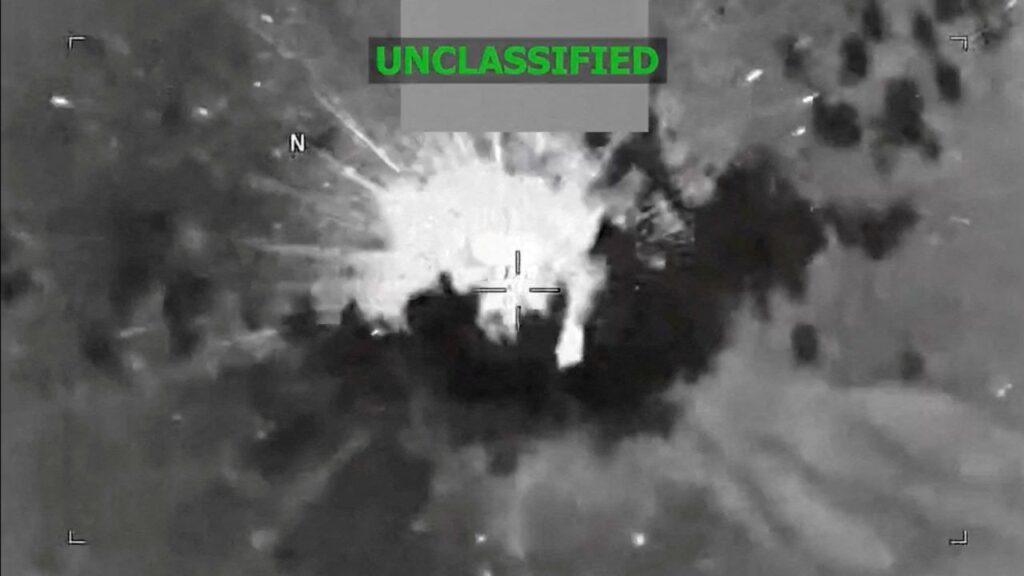
US Military Says It Struck a Vessel in Caribbean, Killing Three
